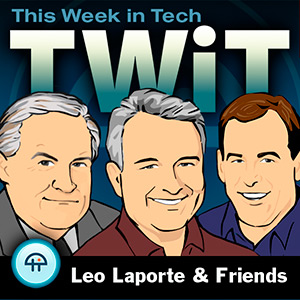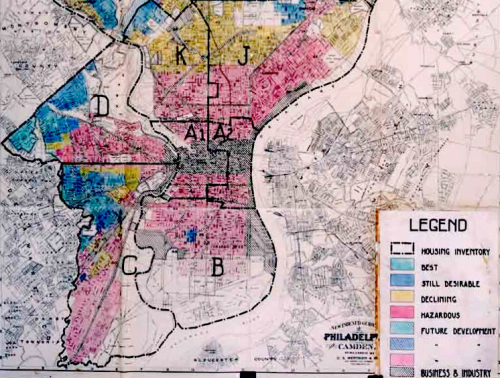Each Choice We Make, Leads Us to the Future
Feb 16, 2012 Filed in: Personal Reflections
I am often stimulated to deeper thought about the implications of the use of technology by Leo Laporte and his guests at one of my favorite podcasts, This Week in Technology

In last week’s episode, Leo used one of those inflammatory types of expressions that cause a gut reaction: REDLINING the INTERNET.
He said that the effect of our social graphs and digital footprints have become a sort of Social Redlining – how it works is this…
Anyone that has shopped for bird feeders on Amazon, for instance, has gotten the email: “Customers who have shown an interest in bird feeders might be interested in the following products: (numerous related products follow).
For most of us, this is a good thing. It is a given that websites are going to serve up ads. That is how they pay the expenses of gathering content, hosting it, etc. Most of us would rather see ads for stuff we are interested in, so even the consumer benefits.
What was interesting about this though is it has an amplifying, steering affect, which may become a drawback. It may narrow your choices and restrict your experience in a bad way. If you click on one style of music several times, you may never be exposed to other styles. The marketers are making an assumption about you, which may or may not be completely true and like a self-fulfilling prophecy you become more ingrained in the things that were once only a part of the whole picture of who you are.
I am not suggesting that we explicitly teach students to change the way they click and search the internet. But I do thing there is value in discussing this as we talk about modern economics, marketing, consumer behavior and technology (media) literacy.


In last week’s episode, Leo used one of those inflammatory types of expressions that cause a gut reaction: REDLINING the INTERNET.
Now this may be a bit of exaggeration used to make a point. But it certainly got me thinking!Redlining from Wikipedia: It describes the practice of marking a red line on a map to delineate the area where banks would not invest; later the term was applied to discrimination against a particular group of people (usually by race or sex) no matter the geography.
He said that the effect of our social graphs and digital footprints have become a sort of Social Redlining – how it works is this…
- We search for certain things (cookies record this)
- We click on certain links (cookies record this)
- Then when we load in a new webpage, the web server ‘serves up’ advertisements that correspond with the ‘profile’ or social graph that you have subconsciously created.
Anyone that has shopped for bird feeders on Amazon, for instance, has gotten the email: “Customers who have shown an interest in bird feeders might be interested in the following products: (numerous related products follow).
For most of us, this is a good thing. It is a given that websites are going to serve up ads. That is how they pay the expenses of gathering content, hosting it, etc. Most of us would rather see ads for stuff we are interested in, so even the consumer benefits.
What was interesting about this though is it has an amplifying, steering affect, which may become a drawback. It may narrow your choices and restrict your experience in a bad way. If you click on one style of music several times, you may never be exposed to other styles. The marketers are making an assumption about you, which may or may not be completely true and like a self-fulfilling prophecy you become more ingrained in the things that were once only a part of the whole picture of who you are.
I am not suggesting that we explicitly teach students to change the way they click and search the internet. But I do thing there is value in discussing this as we talk about modern economics, marketing, consumer behavior and technology (media) literacy.

image found in Wikipedia article • originally from the National Archives
Reviewing an article
blog comments powered by Disqus